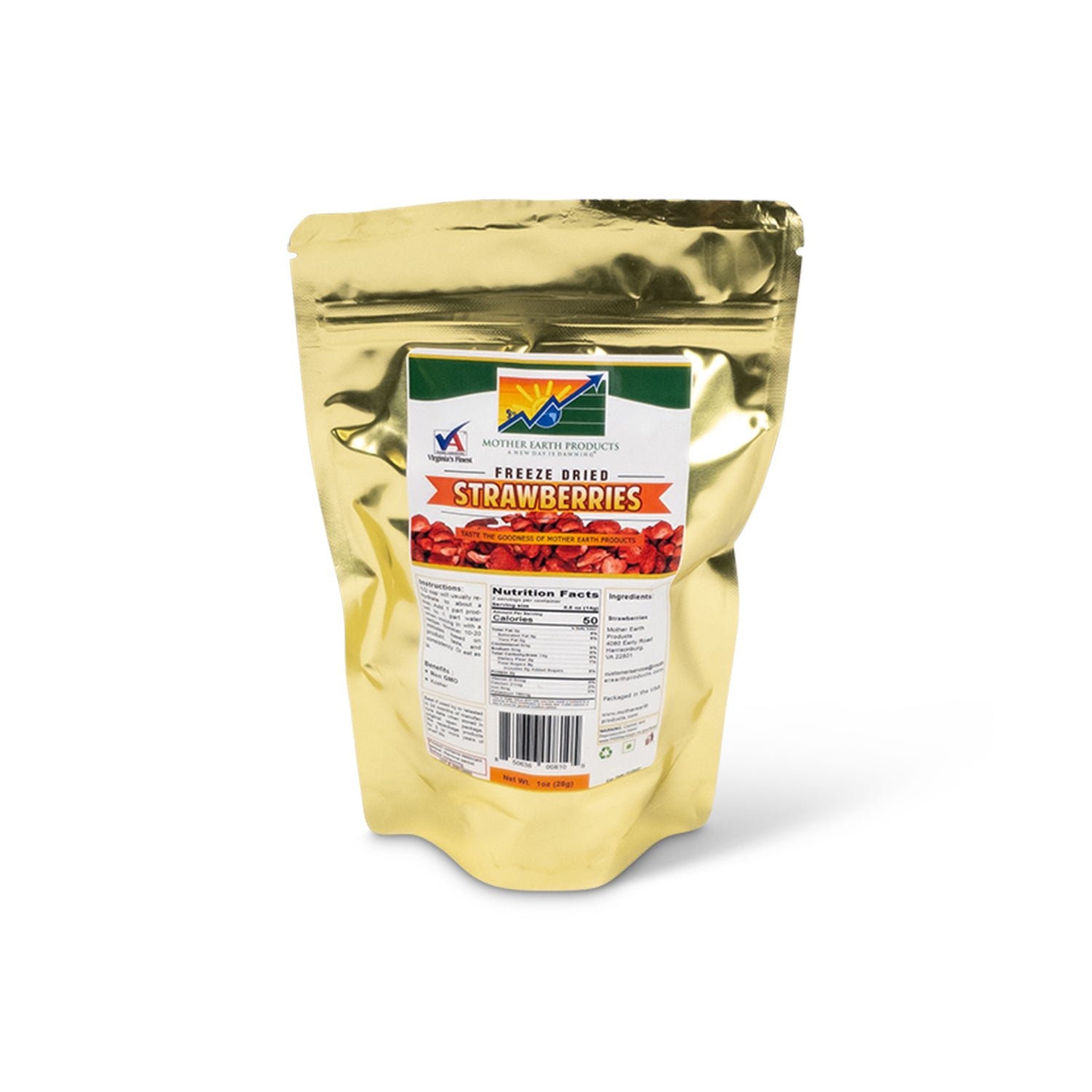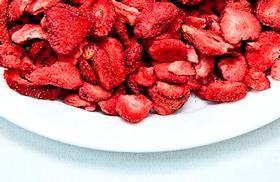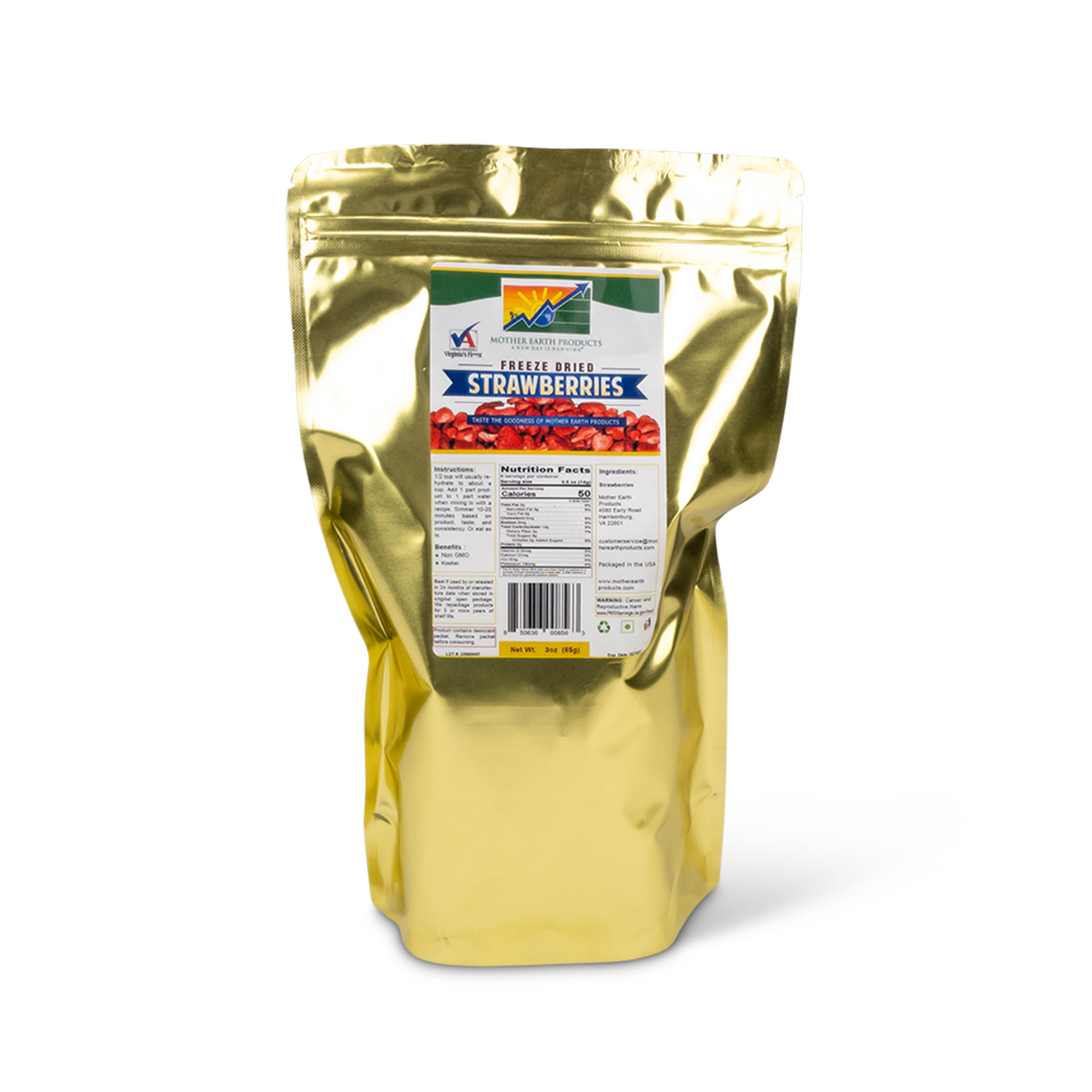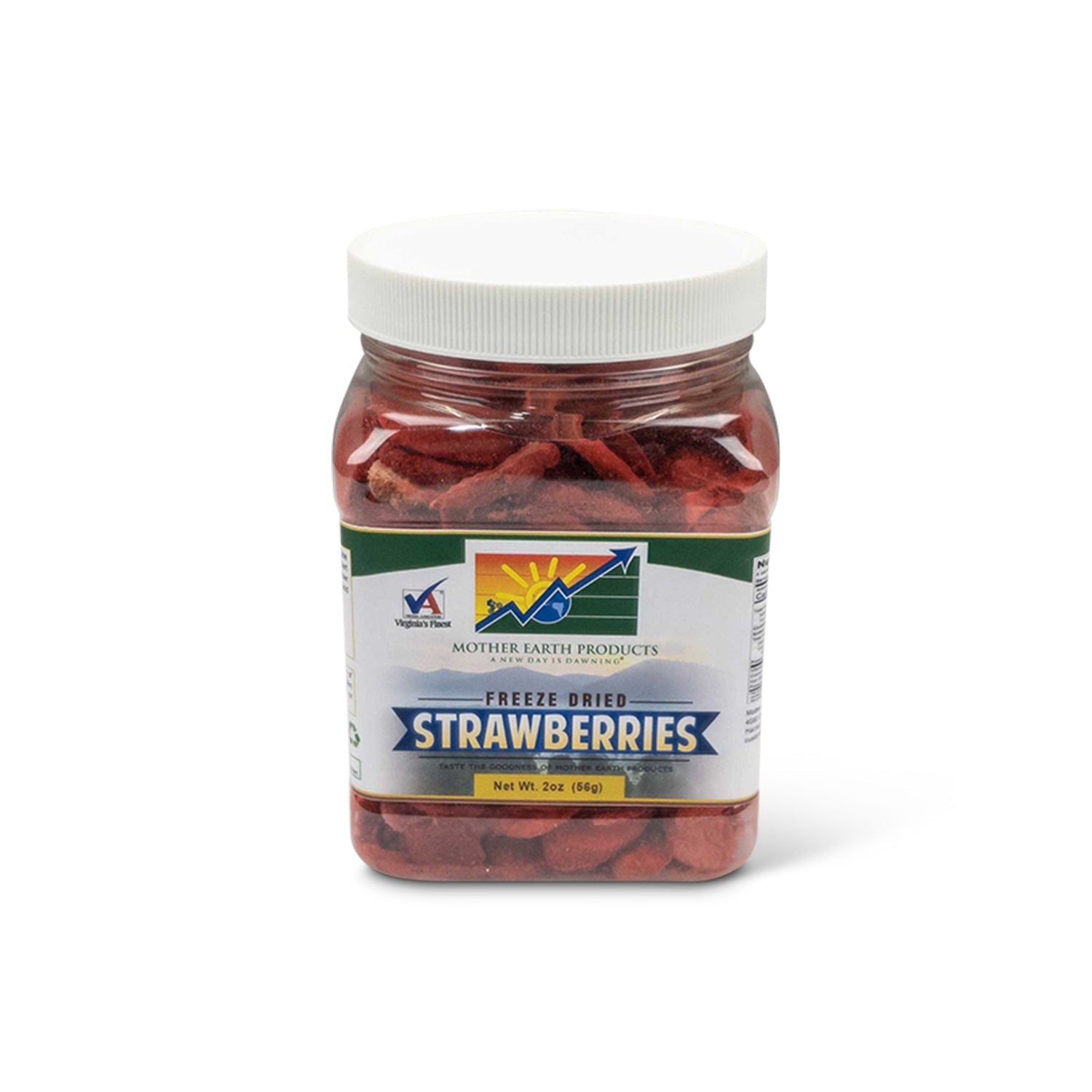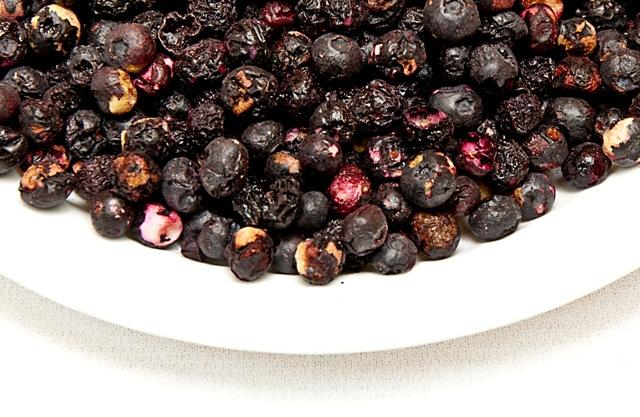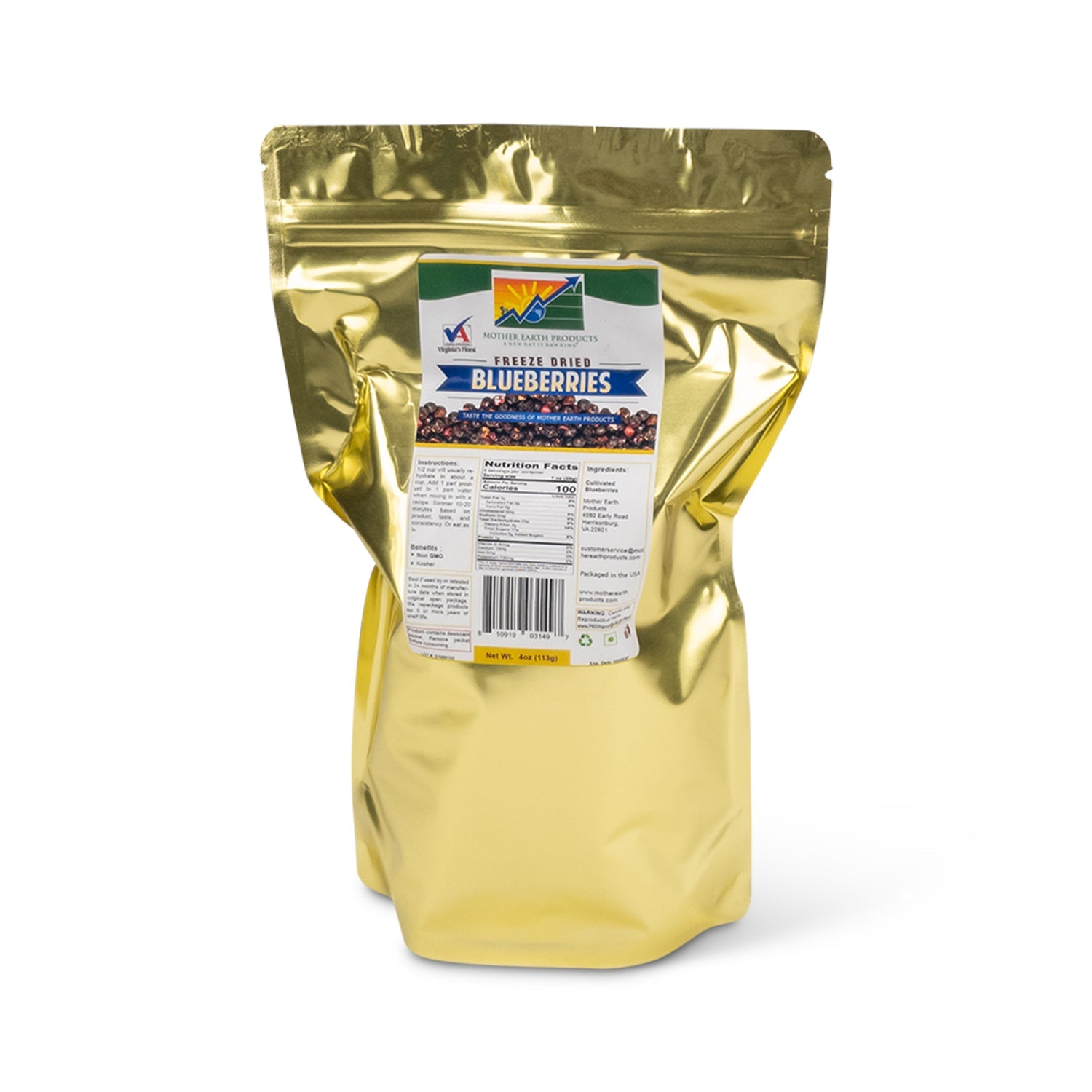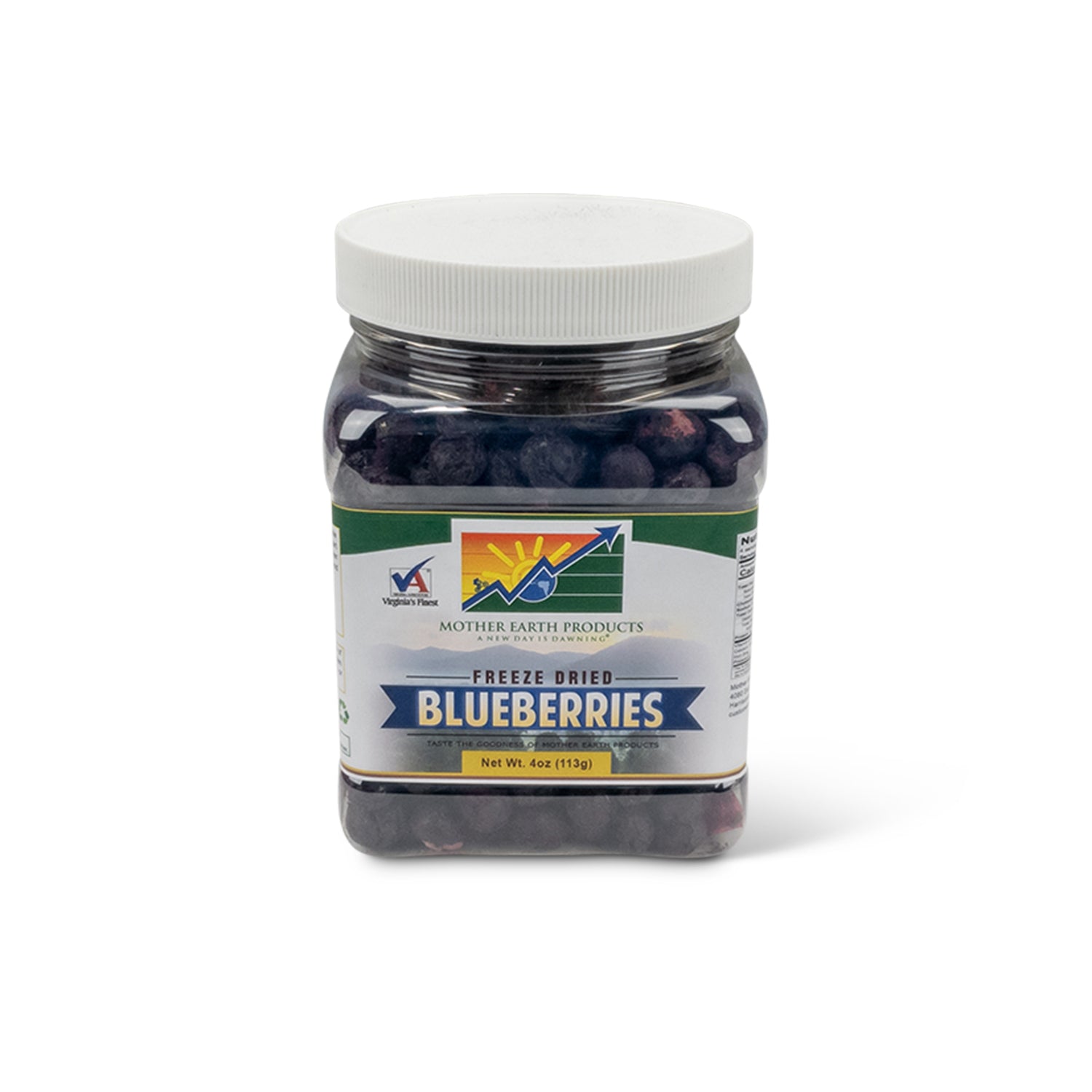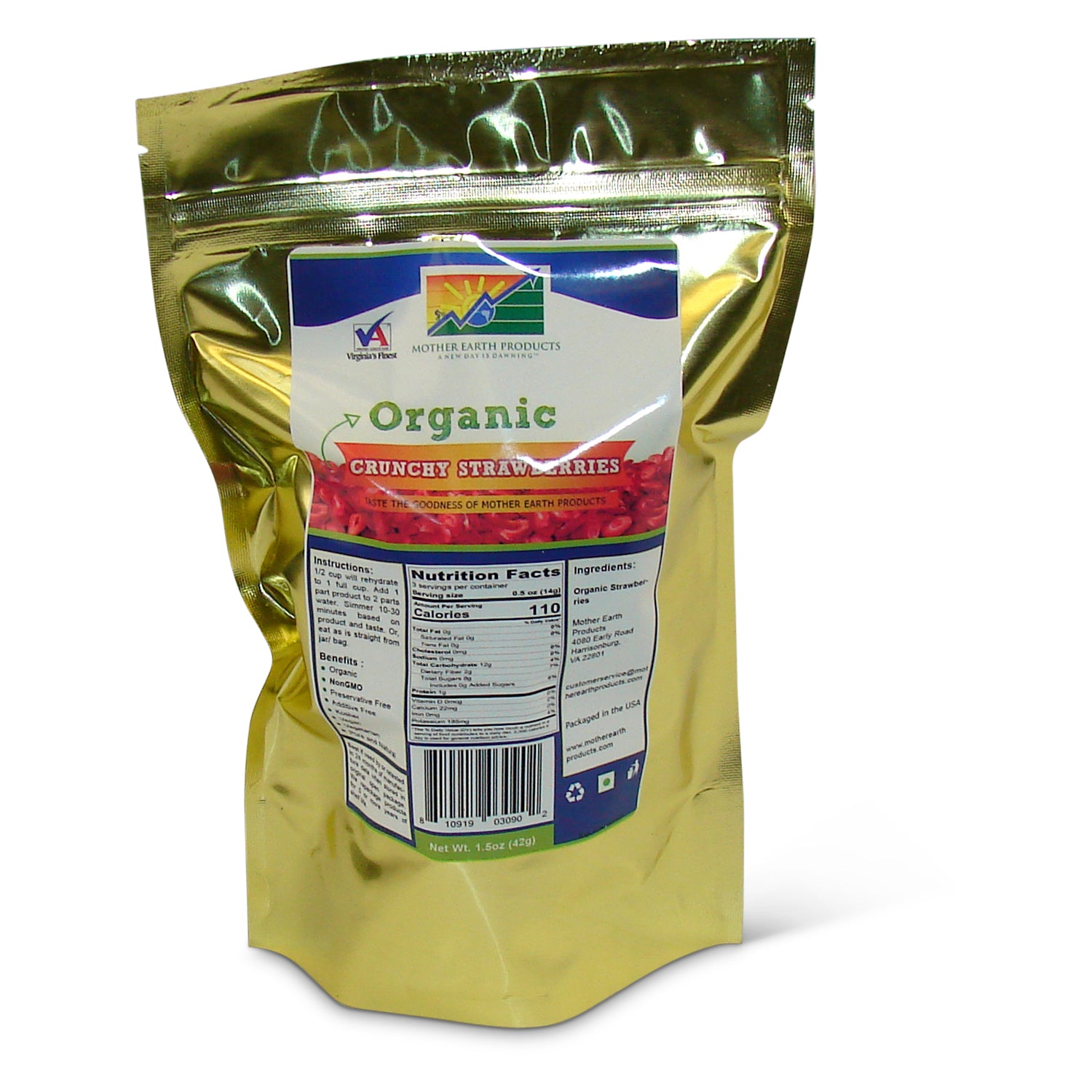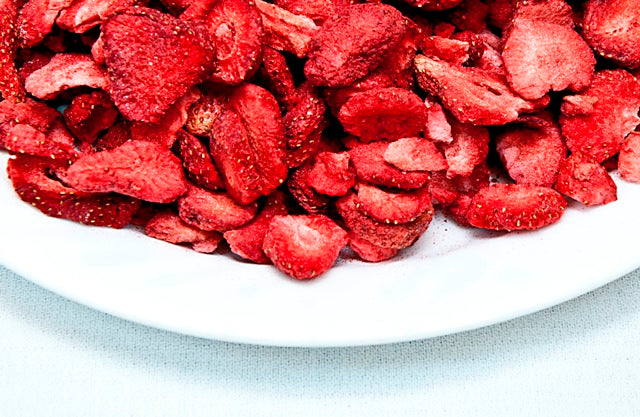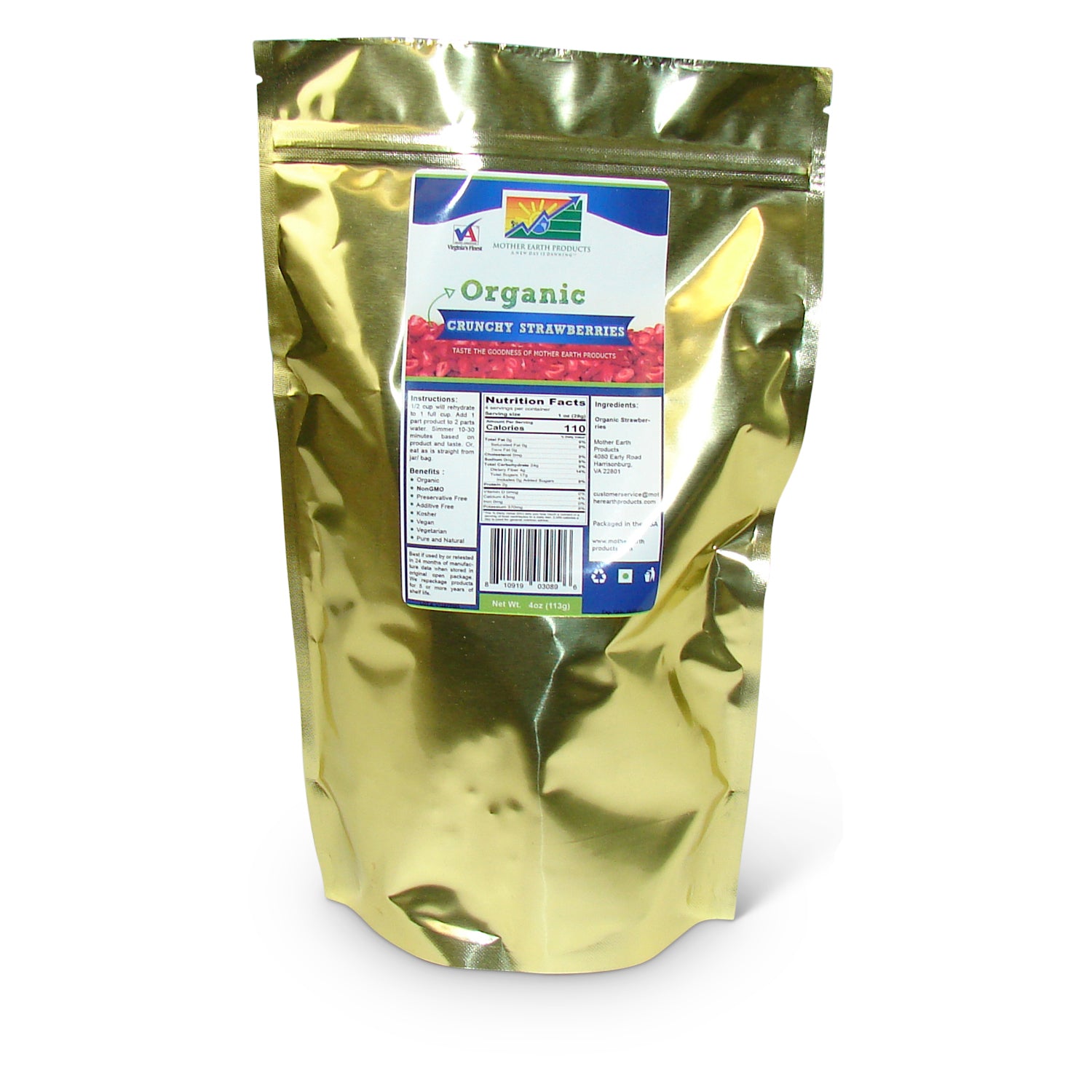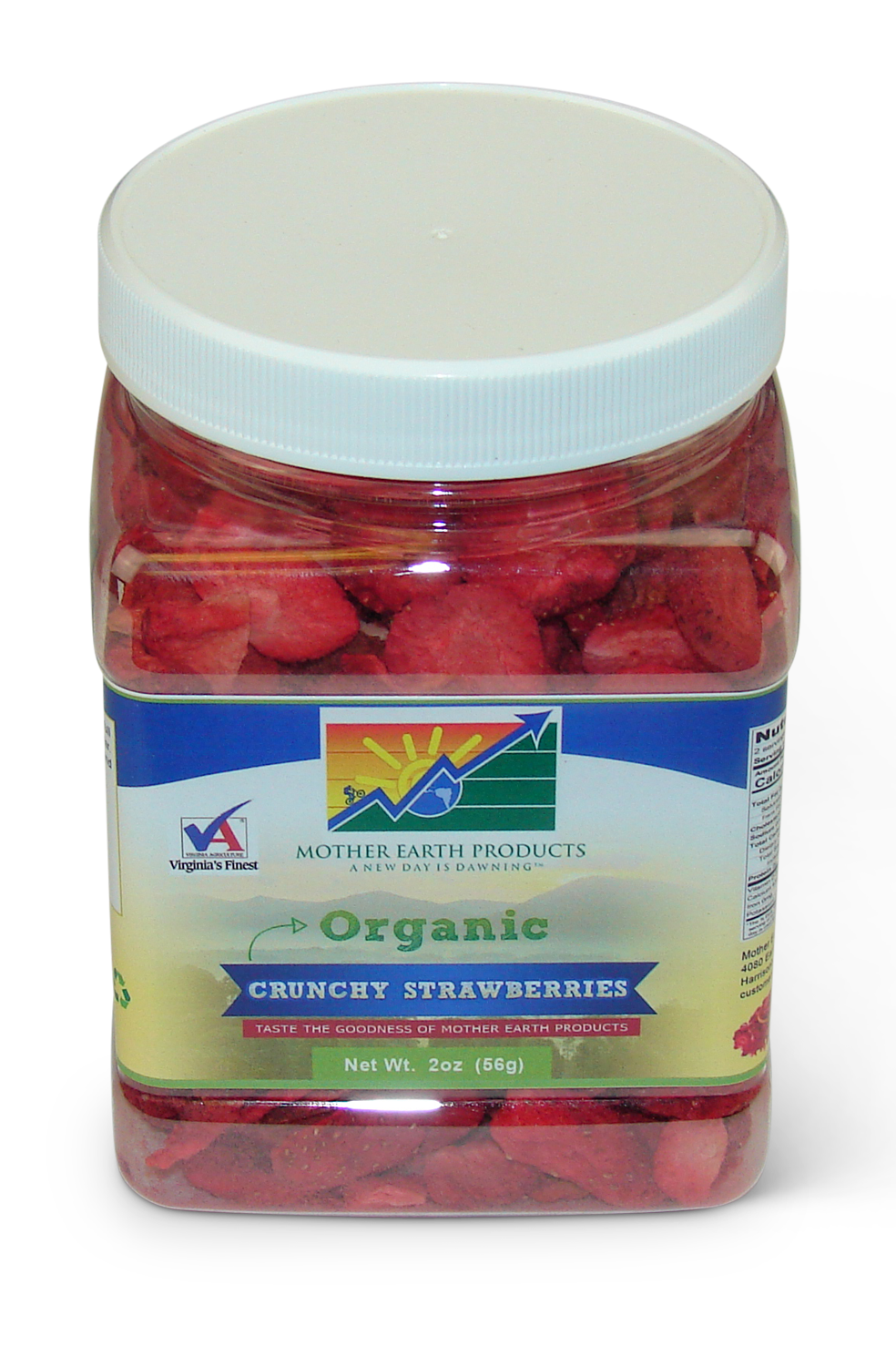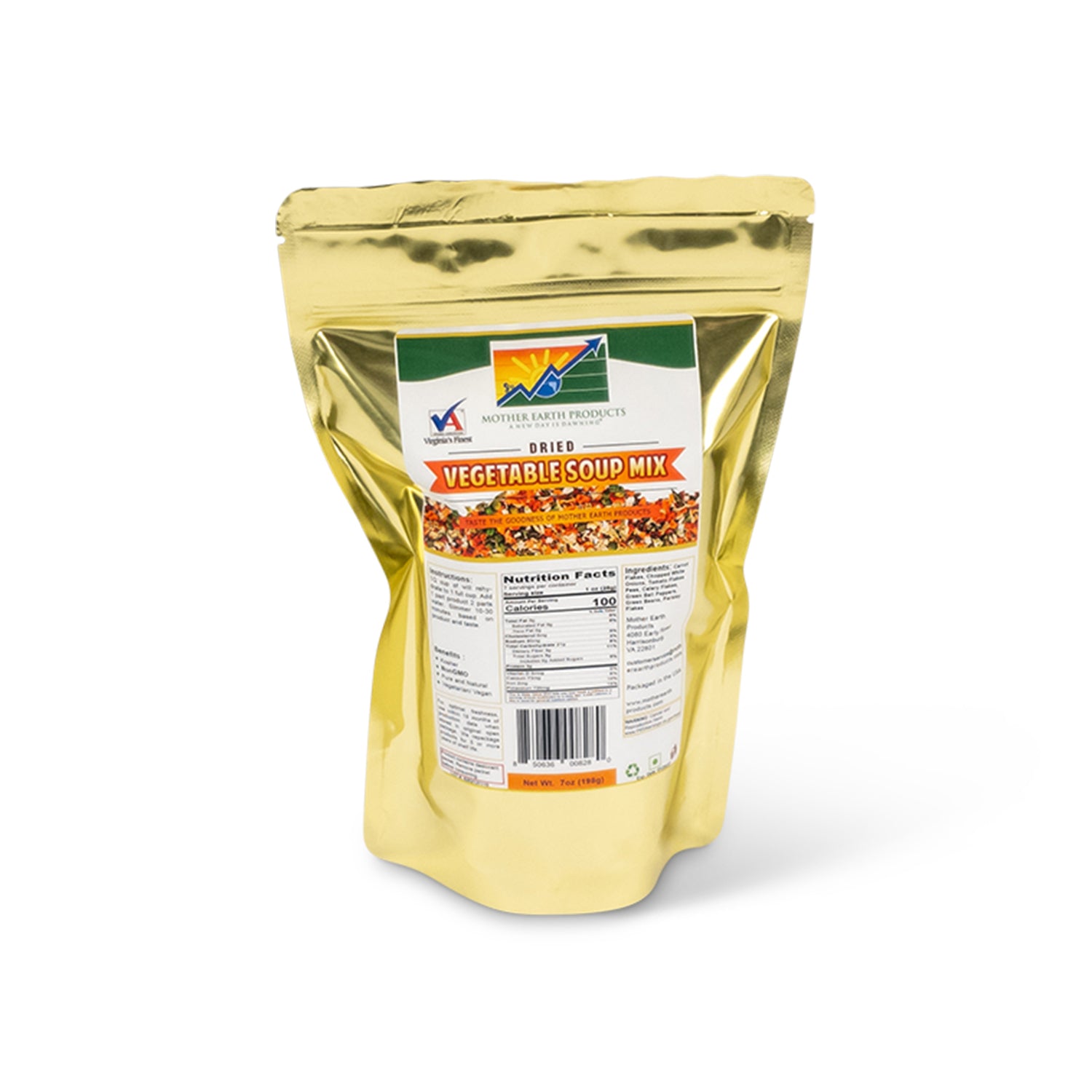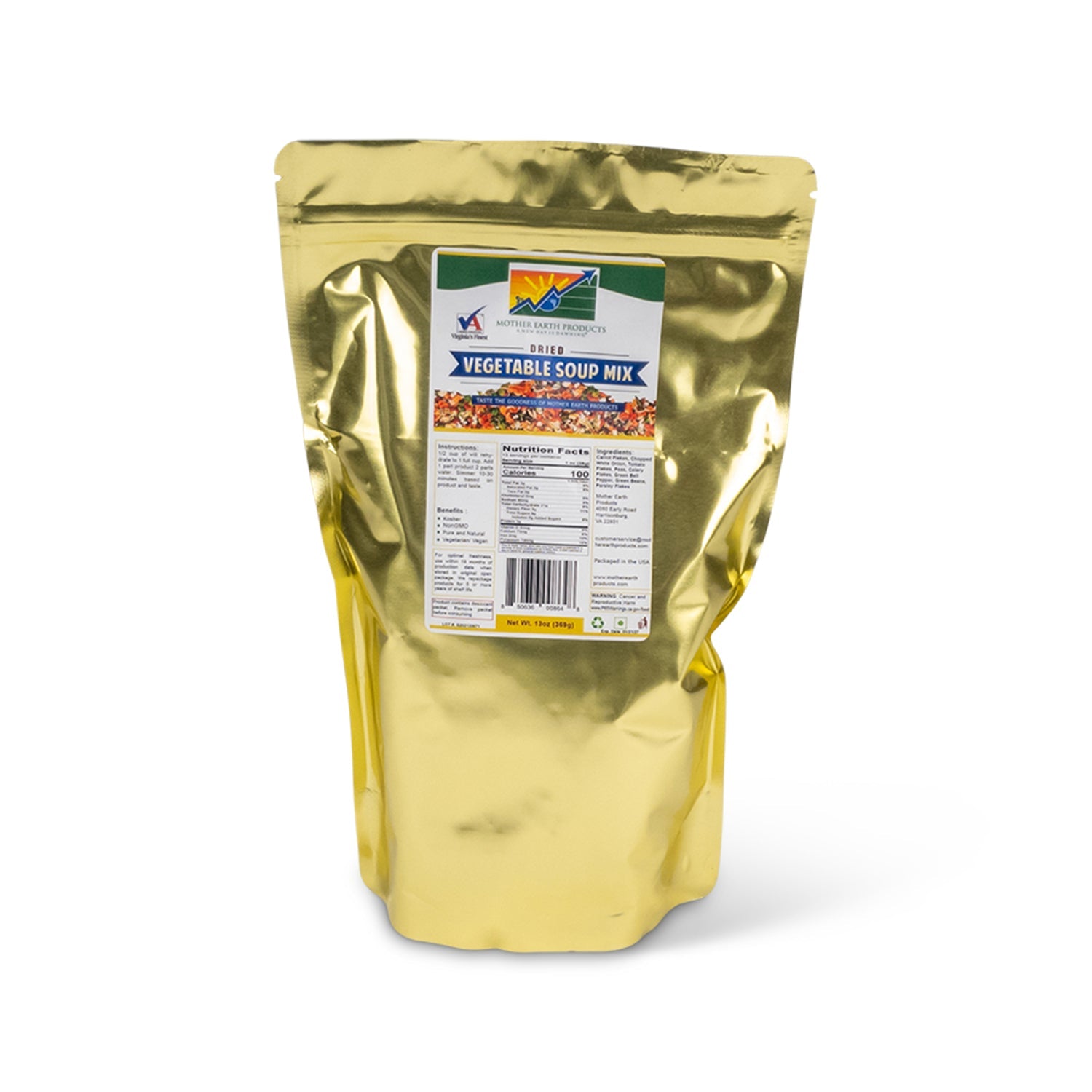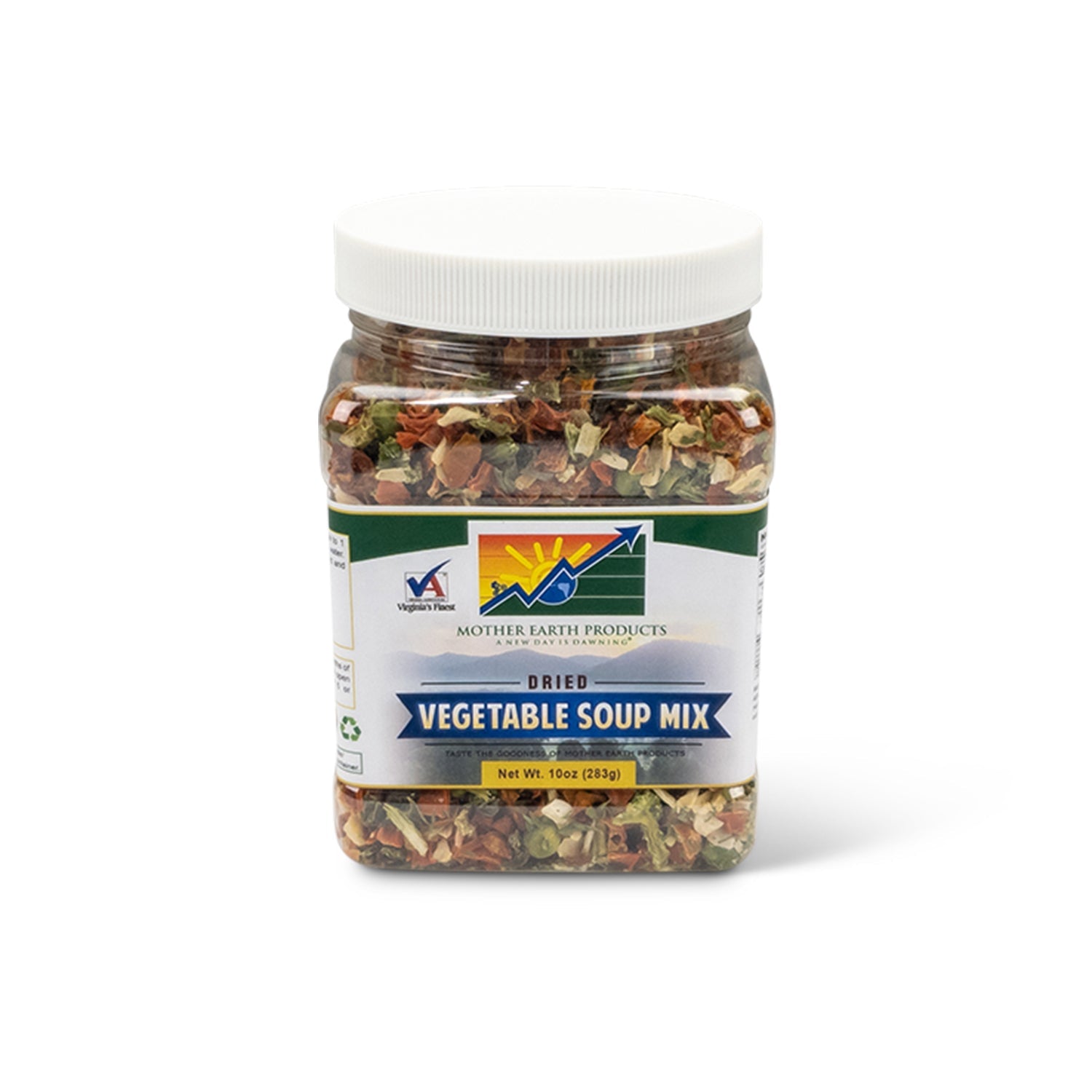Keeping things exciting in the kitchen can be tough. Somewhere between long work hours and stressful deadlines, you are often forced to resort to the same old soup, salad, or frozen burger recipes to keep your stomach from growling. The good news is that there is an easy and nutritious way to spice up your boring weekday meals, and that's dehydrated bell peppers. These treats are packed with nutrients, taste fantastic, and sport impressive colors that can spice up even the moodiest of dishes. Here are 7 reasons why dehydrated bell peppers should be part of your weekly meals.
1. Antioxidants
Bell peppers contain a hefty amount of vitamin C, reducing your body's overall free radical (toxin) activity. Consuming enough dehydrated bell peppers on a week-to-week basis can help prevent a variety of diseases, related to your heart, weight, or skin.
2. Eye Health
Besides ascorbic acid, bell peppers are also rich in lutein and zeaxanthin(2). These two nutrients belong to the class of carotenoids and are known for their antioxidant capacity, especially when it comes to your eye health. In fact, lutein and zeaxanthin help the macular part of the eye avoid degeneration due to age.
But, perhaps the most essential eye-boosting nutrient found in bell peppers is beta-carotene. According to research(3), this vitamin is linked to the rhodopsin molecule - responsible for the eye's reaction to ultraviolet light, meaning it activates the retina when it's exposed to light and promotes your vision.
3. Improves Brain Function
This delicious food is high in vitamin B6(4), which plays a huge role in mood regulation and mental fatigue. This vitamin allows the brain to produce enough serotonin - a “happy” hormone. Vitamin B6 also promotes the synthesis of hemoglobin(5) - a protein that carries oxygen throughout the human body, increasing the amount of oxygen that reaches your brain, boosting your energy. No more foggy brain. That's pretty much why dehydrated bell peppers can serve as natural memory enhancers and antidepressants.
4. Keep You Fuller Longer
Bell peppers are packed with dietary fiber. This macronutrient is known for curbing your appetite. This occurs because soluble fiber turns into a gel-like substance once it reaches the stomach. This thick gel slows down the rate at which the body digests and absorbs the nutrients into the bloodstream. As a result, you feel fuller longer.
5. Low in Calories
One of the most impressive things about dehydrated bell peppers is that they contain few calories. One cup of the colorful food has about 30 calories(7). If you want to keep your daily calorie count as low as possible but don't want to tamper with your nutrient intake, dehydrated bell peppers are a no-brainer.
6. Long Shelf Life
Considering they contain no water and come in airtight containers, dehydrated bell peppers can last for years if stored properly. That means that you can still reap their benefits even when they are not in season.
7. Versatile
Despite their lack of water, dehydrated bell peppers can still turn any meal from OK to chef-worthy delicious. That's because they get to retain their original flavor which pairs with anything, from meat to quinoa. So, you can either eat them as is, add them to your soups, salads, etc. for an extra crunch, or hydrate them and use them instead of fresh bell peppers. After all, they are just like the original version – minus the water. Not to mention their vibrant colors will make any dish pop, no matter what.
The Takeaway
From helping you get rid of the harmful toxins to reducing your appetite, it seems dehydrated bell peppers have a lot going on, but they are still one of the most underrated foods when it comes to clean eating. If you want to change all that and benefit from their rich nutritional profile, stock up and incorporate them into your meals as much as possible. Click right here to get started.
References:
- https://www.ncbi.nlm.nih.gov/pubmed/12569111
- https://www.ncbi.nlm.nih.gov/pmc/articles/PMC5331551/
- https://www.ncbi.nlm.nih.gov/pmc/articles/PMC3601037/
- https://www.ncbi.nlm.nih.gov/pubmed/23603926
- https://medlineplus.gov/ency/article/002402.htm
- https://www.accessdata.fda.gov/scripts/InteractiveNutritionFactsLabel/dietary-fiber.html
- http://nutritiondata.self.com/facts/vegetables-and-vegetable-products/2536/2




